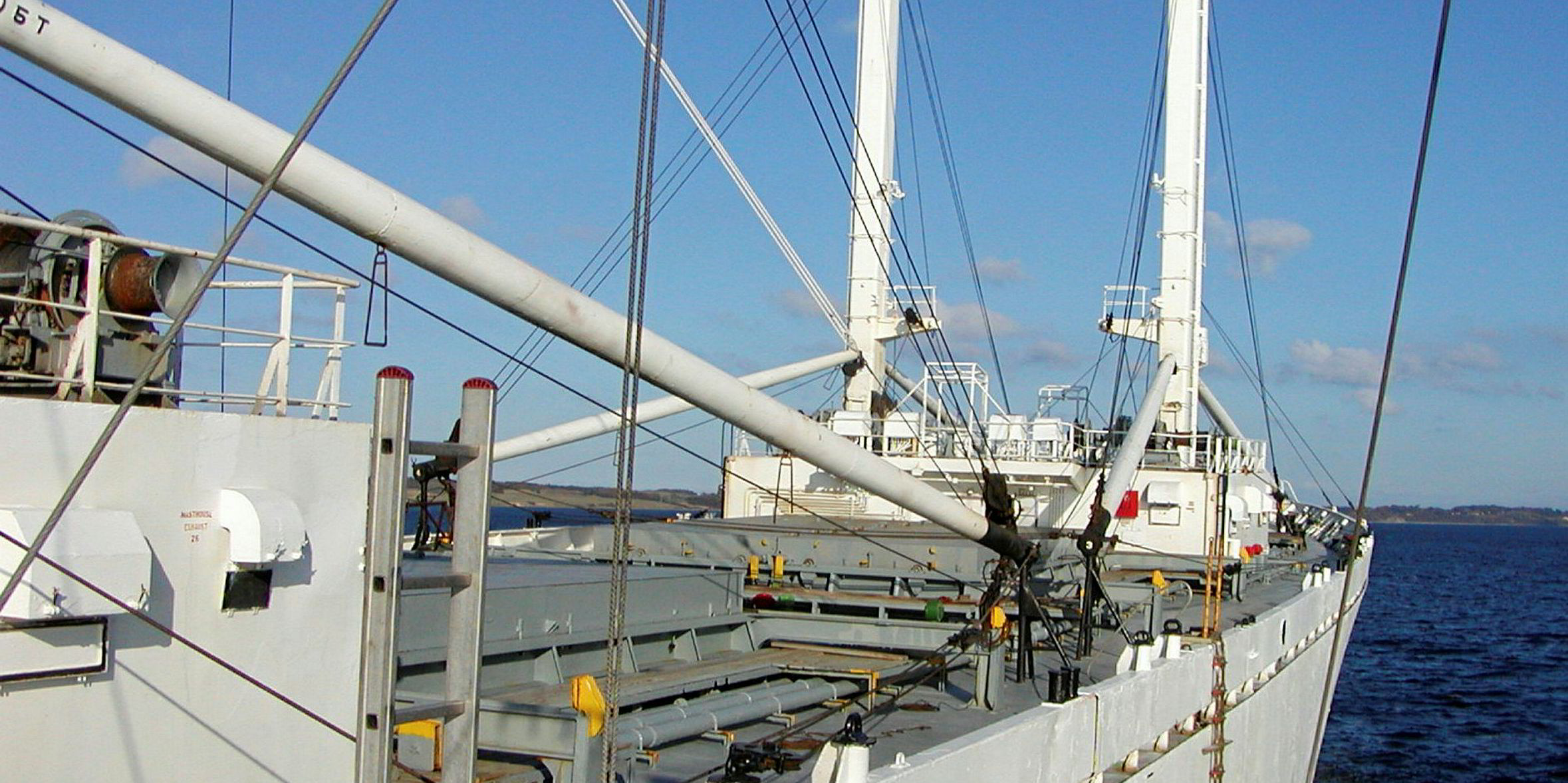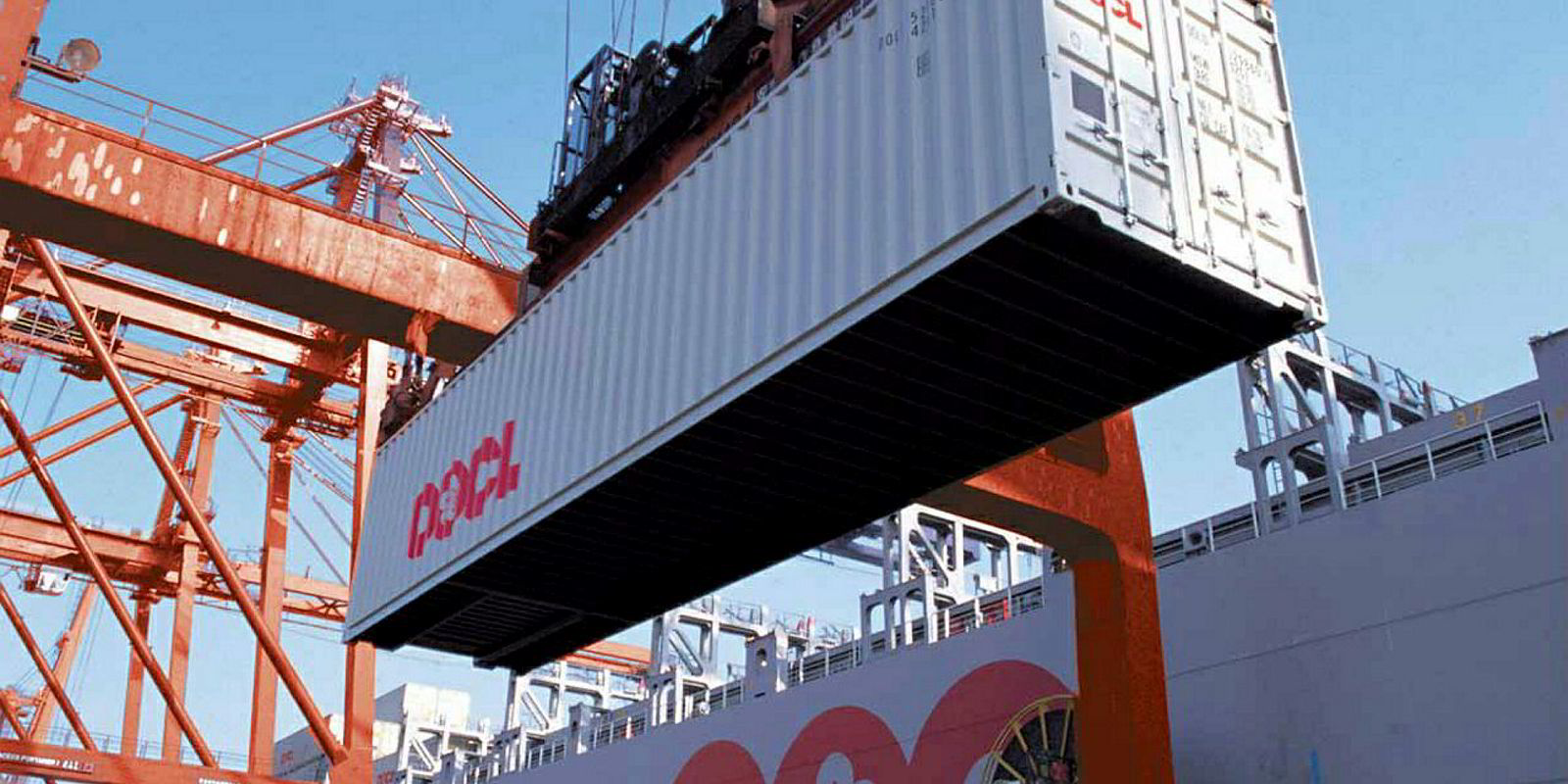Alpha Reefer Transport (ART) joint managing director Benjamin Emmert says despite the pressure on specialised reefer vessels, those in his company's pool are covering their daily running expenses.
The past year had been relatively stable.
Five to 10 years ago, there were peak and low seasons tied to bananas from Central America, grapes from Chile, apples and pears from South America and citrus fruits from Morocco.
But today these commodities have little impact on ART’s activities because they are now carried largely in containers. Fishing is basically year-round.
He says containerisation is hitting particularly hard those reefer owners with crane-fitted banana ships and other fruit carriers, as well as making inroads into fish and frozen cargoes, albeit not to the same extent.
The ART fleet lost many of its mid-size ships of 270,000 cbf 10 years ago. But the company acquired larger units, including those of about 400,000 cbf, which have become the “workhorses” because they can load 5,000 to 6,000 tonnes of fish.
They can be fixed for 3,000 to 4,000 tonnes of cargo at a decent price and if fully loaded, the “result will be very good”, Emmert says.
His main customer is J Marr (Seafoods), which specialises in procuring and trading fish.
The outfit charters large ships, combines cargoes for the best rates and discharges parcels of fish at different ports.
But if containers take over, then it is feared that end receivers will simply order a certain number of boxes and cut out such traders, Emmert says.
Income for those traders also comes from pre-financing shippers until they are paid by the receivers — and this would also be under threat.
Joachim von Reiche, who founded ART, a non-profit making pool, and Frigoship Chartering (FSC), along with Laskaridis Shipping in 1984, retired about eight years ago but remains in contact with the companies.
Emmert, who hails from Hamburg, joined FSC from H Schuldt 15 years ago.





